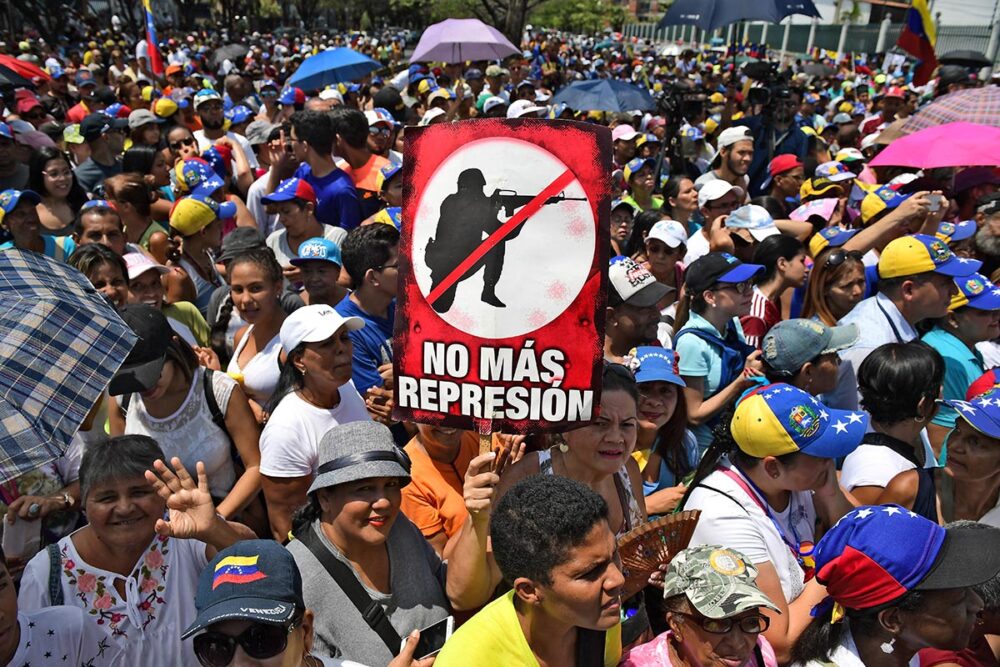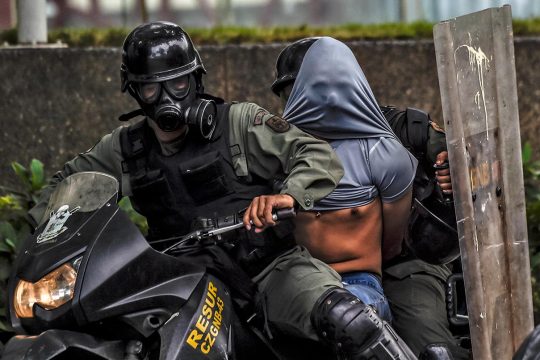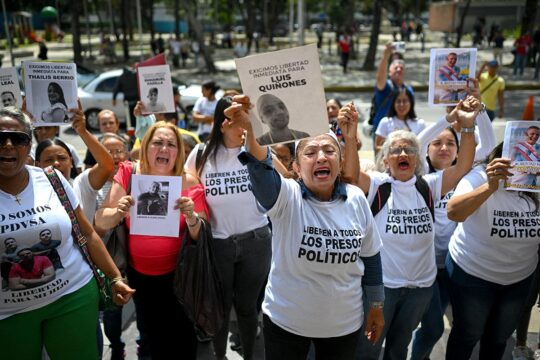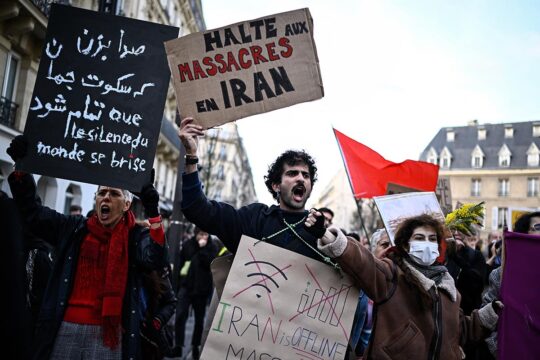To listen to the podcast, click on the "play" button below:
“A complex situation requires complex solutions” – Dalila Seoane explains why it is important to push for accountability for crimes committed in Venezuela at the regional level, besides the international one. There are a lot of international efforts; the UN fact-finding mission, the Panel of Experts of the Organisation of American States on Venezuela and – not to forget – the International Criminal Court, which we talked about here. This time, we dig deep into a case of universal jurisdiction opened in Argentina.
On June 14 this year, the the Docket at the Clooney Foundation for Justice filed a complaint before the Argentine federal justice system, saying that the country must investigate the human rights violations committed in Venezuela, based on the principle of universal jurisdiction. The CFJ is representing family members of two Venezuelans killed during the 2014 protests violently suppressed by the government of President Nicolás Maduro. Just a month later, a prosecutor in Argentina launched an investigation – AP obtained some exclusive details we discuss in the pod.
We hear from Ignacio Jovtis, Senior Program Manager at The Docket who led the investigations in Venezuela, and Dalila Seoane, Gender Prosecution Expert and Crime Analyst for Justice Rapid Response who was deployed to help with the filing of the case. So we asked them how the case started and what made it possible for the Argentine court to pick it up so quickly. We also discuss the hopes of victims on the ground and the – dire – prospects of cooperation from Venezuelan authorities. And we explore what role can Argentina play in fighting for justice, looking back at the other UJ cases about the Franco regime in Spain and the Rohingya community in Myanmar.
 ASYMMETRICAL HAIRCUTS
ASYMMETRICAL HAIRCUTS
This podcast has been published as part of a partnership between JusticeInfo.net and Asymmetrical Haircuts, a podcast on international justice produced from The Hague by journalists Janet Anderson and Stephanie van den Berg, who retain full control and independence over the contents of the podcast.







